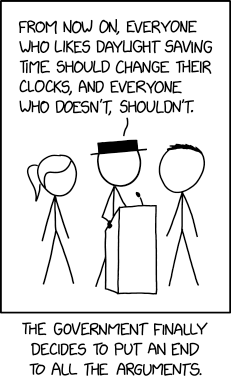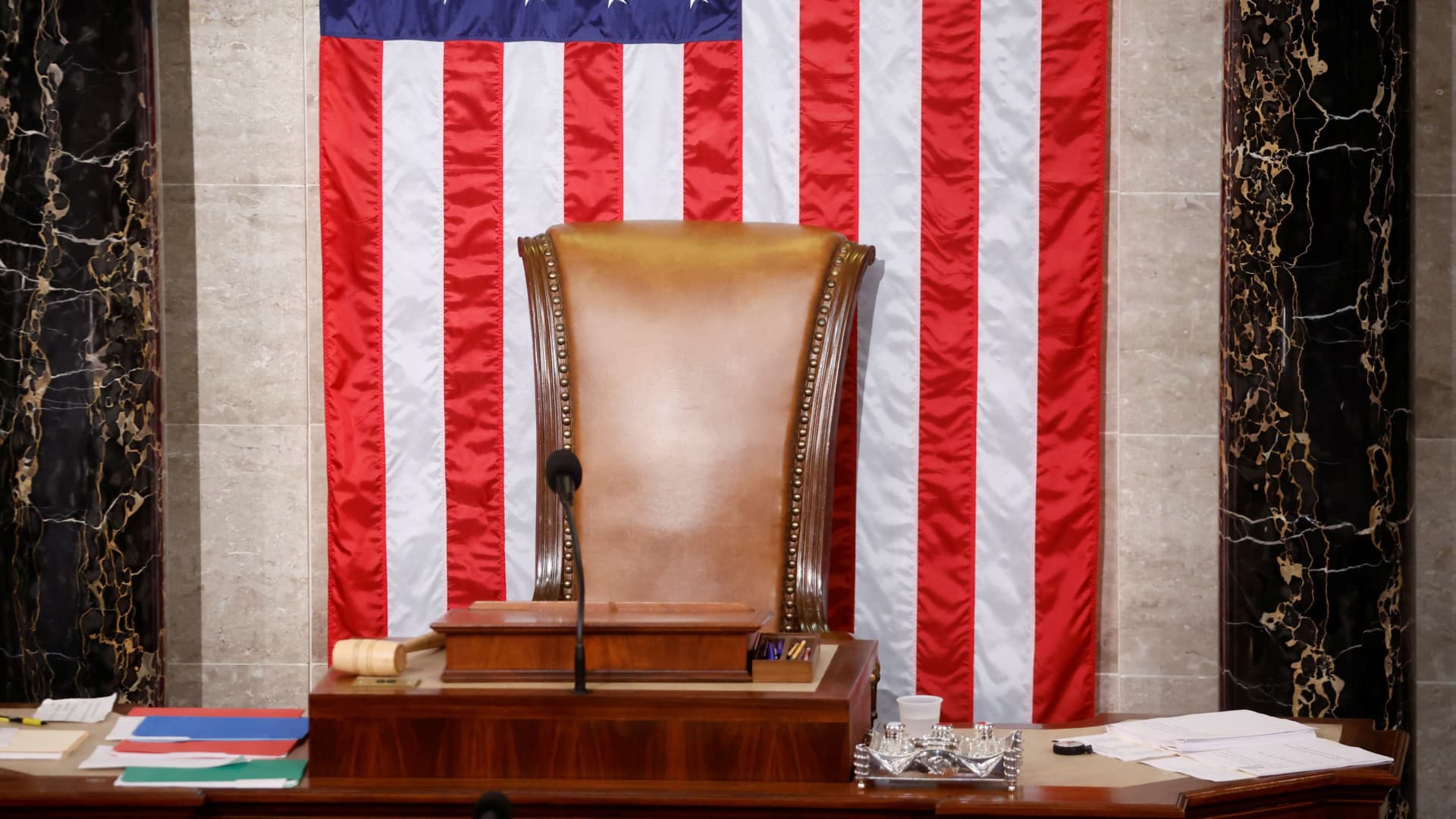While it has become newly relevant, we've been on this beat for years now.
The seductive notion that it is only our failure to dream big which is holding us back from the glorious future we've long been promised is dangerous- - it leaves us vulnerable to fools and con men - - and it is at odds with the historical record and the way technology advances.
The stories that techno-optimists tell us and themselves are mostly half true at best. They didn't laugh at the Wright brothers. If you go back and read the press coverage in places like Scientific American before the breakthrough at Kitty Hawk, you'll see that, though they weren't the front runners, people were taking them quite seriously, and the skepticism that came immediately after their first flight was pretty much entirely due to their own decision to be highly secretive with their first flights.
Nikolai Tesla did not die in poverty and obscurity because his ideas were too innovative and people couldn't recognize his genius. Tesla was a huge celebrity and more than a bit of a Fame whore with celebrities like Mark Twain touring his laboratory. Tesla died broke because he blew all of his and his investors money on a plan for wireless transmission of power over considerable distance which was a terrible idea at the time and remains unworkable to this day.
Then we get to the all-time favorite dare to dream story, the moonshot. The standard story goes something like this...
The idea of a manned lunar mission seemed out of reach, at least for decades, but then the Bold and charismatic young John F Kennedy made a commitment and gave a speech that inspired the nation to embrace what was possible. It was thanks to that moment of inspiration that man walked on the moon just a few years later.
Pretty much everything in that story is largely false.
Though Kennedy's timeline was aggressive, it was not seen as impossible.
I think we have reversed the symbolic meaning of a Manhattan project and a moonshot. The former has come to mean a large, focused and dedicated commitment to rapidly addressing a challenging but solvable problem. The second has come to mean trying to do something so fantastic it seems impossible. The reality was largely the opposite. Building an atomic bomb was an incredible goal that required significant advances in our understanding of the underlying scientific principles. Getting to the moon was mainly a question of committing ourselves to spending a nontrivial chunk of our GDP on an undertaking that was hugely ambitious in terms of scale but which relied on technology that was already well-established by the beginning of the Sixties.
From The conquest of space by Willy Ley 1949 [emphasis added]
Then, of course, there is the possibility of using atomic energy. If some 15 years ago, a skeptical audience had been polled as to which of the two "impossibilities" – – moon ship and large scale controlled-release of atomic energy – – they considered less fantastic, the poll would probably have been 100% in favor of the moon ship. As history turned out, atomic energy came first, and it is now permissible to speculate whether the one may not be the key to the other.
Nor is there any evidence that the speech, while undoubtedly brilliantly written, actually moved the needle.
Paul Burka, the executive editor of Texas Monthly magazine, a Rice alumnus who was present in the crowd that day, recalled 50 years later that the speech "speaks to the way Americans viewed the future in those days. It is a great speech, one that encapsulates all of recorded history and seeks to set it in the history of our own time. Unlike today's politicians, Kennedy spoke to our best impulses as a nation, not our worst. " Ron Sass and Robert Curl were among the many members of the Rice University faculty present. Curl was amazed by the cost of the space exploration program. They recalled that the ambitious goal did not seem so remarkable at the time, and that Kennedy's speech was not regarded as so different from one delivered by President Dwight D. Eisenhower at Rice's Autry Court in 1960; but that speech has long since been forgotten, while Kennedy's is still remembered.
As best I can tell from a google search, the speech didn't seem to attract that much coverage, and almost all of that was focused on the proposed spending increase.
Even in the write-up in the student paper of the university that hosted the event, the part about going to the moon "in this decade" went unnoticed.
I hate to spoil a thousand perfectly good TED Talks, but the actual immediate impact of this admittedly great speech appears to have been virtually nonexistent. People paid it little attention at the time and even less to its inspirational passages, with the Apollo program remaining largely unpopular through most of its duration.
The actual story of the Apollo Program starts with the cold war mixed with American politics and the good fortune to have D.C.'s most vocal advocate for manned space exploration suddenly become president in 1963 just as the political costs were starting to add up.




















